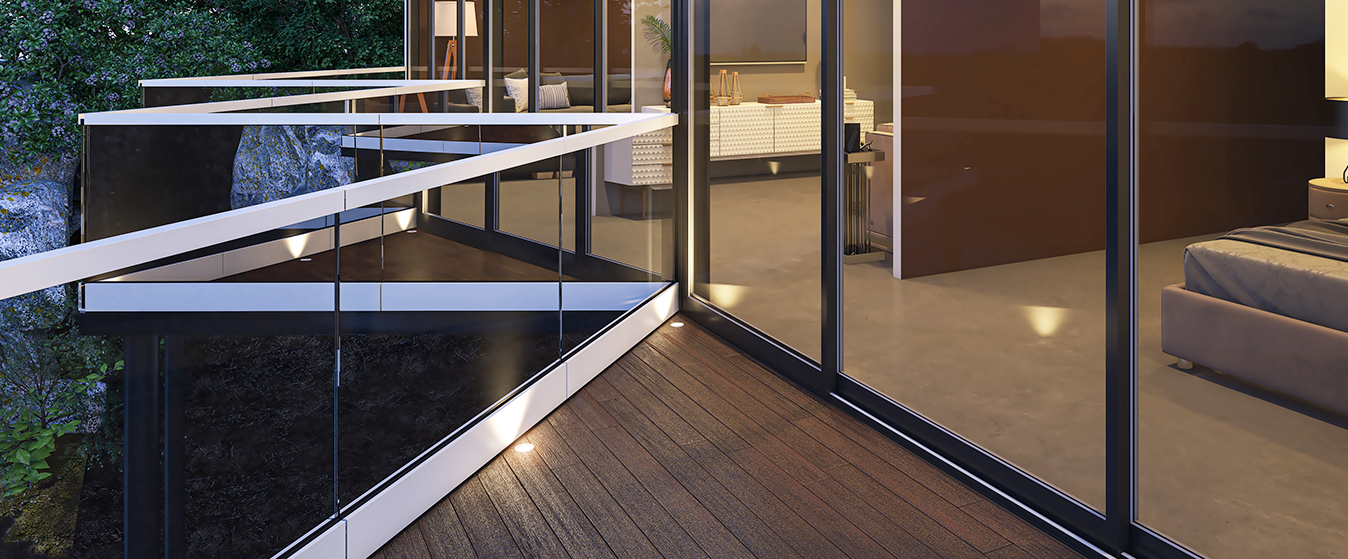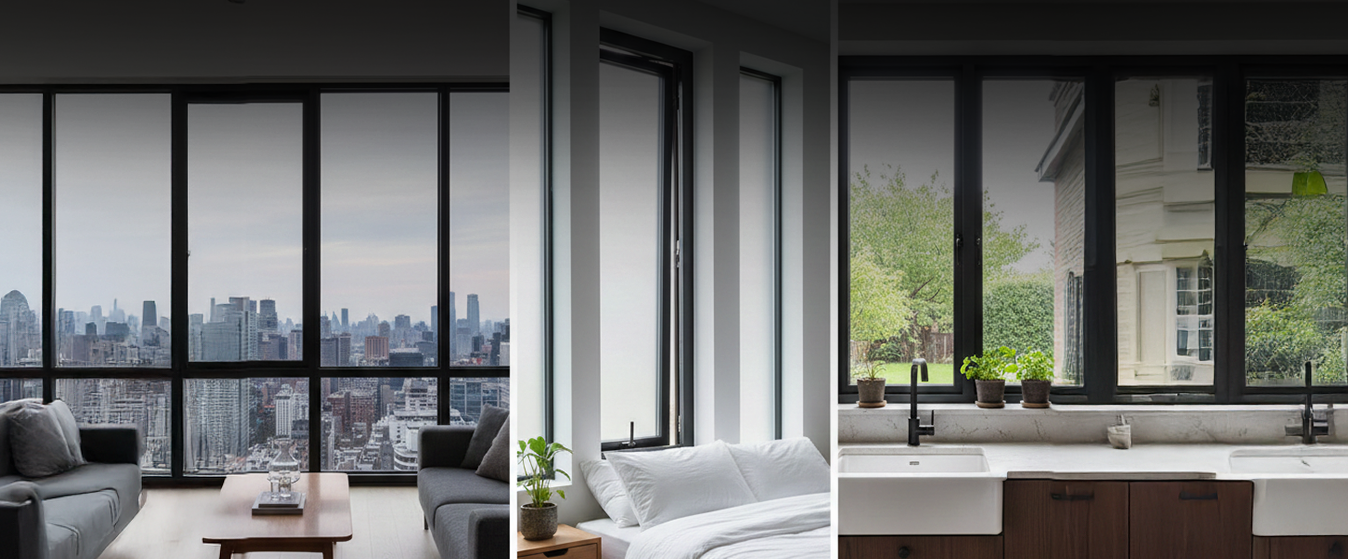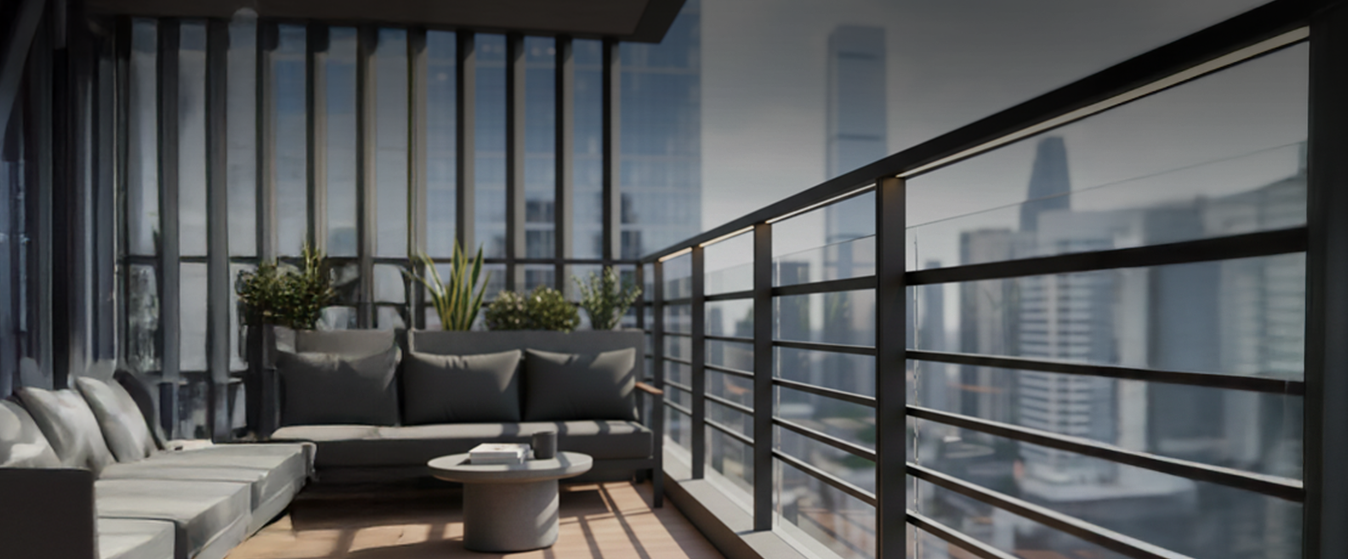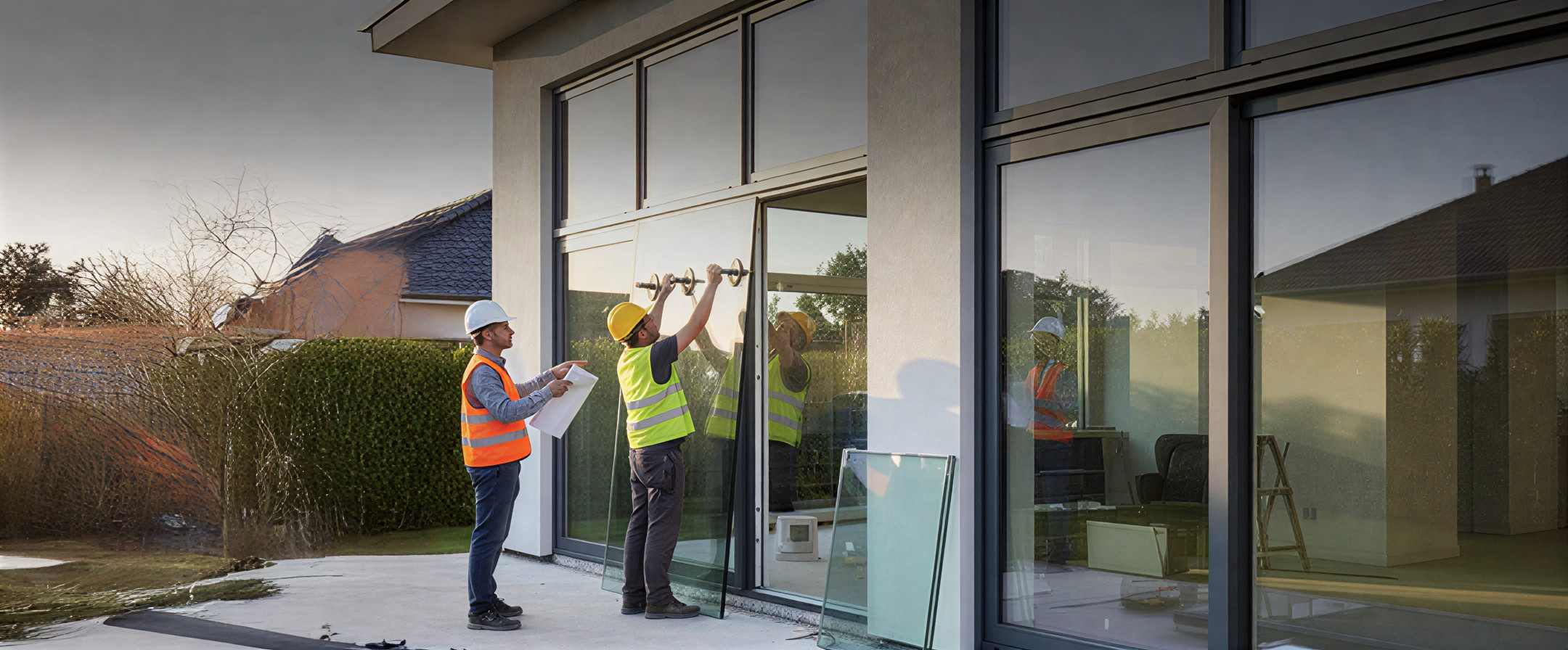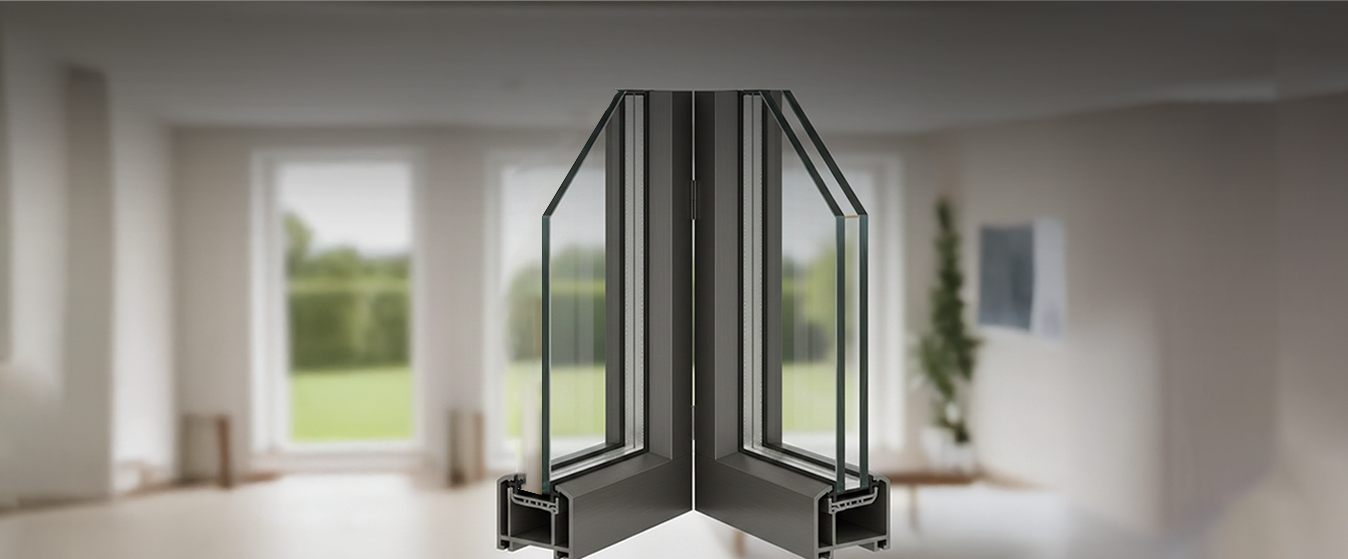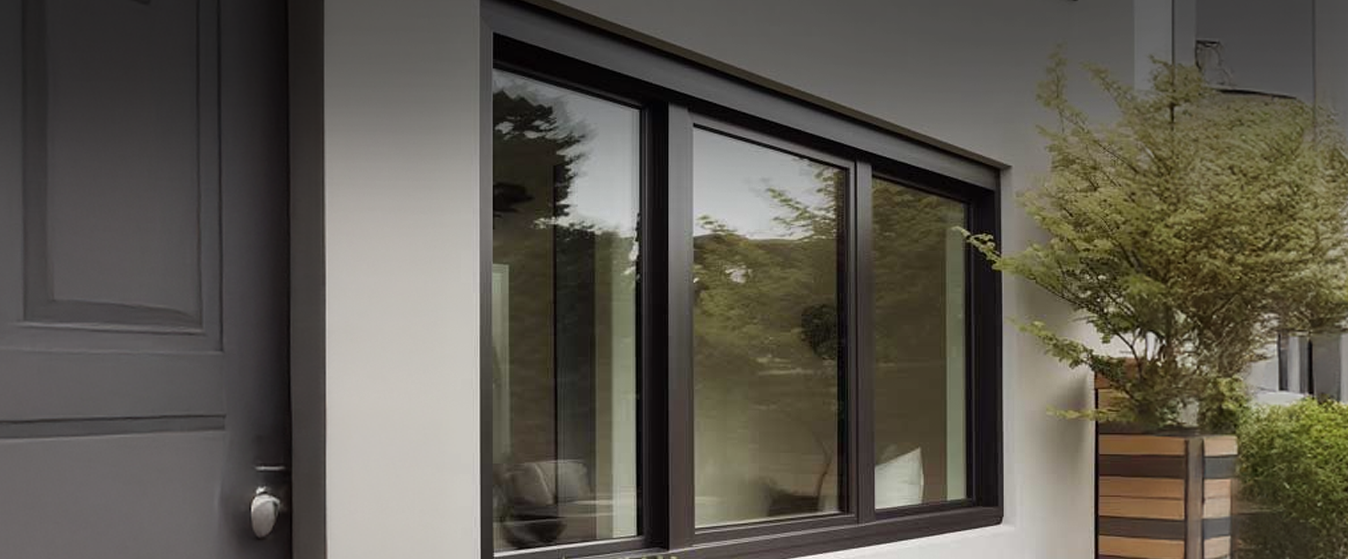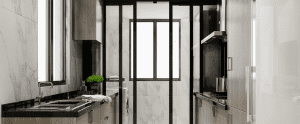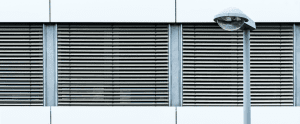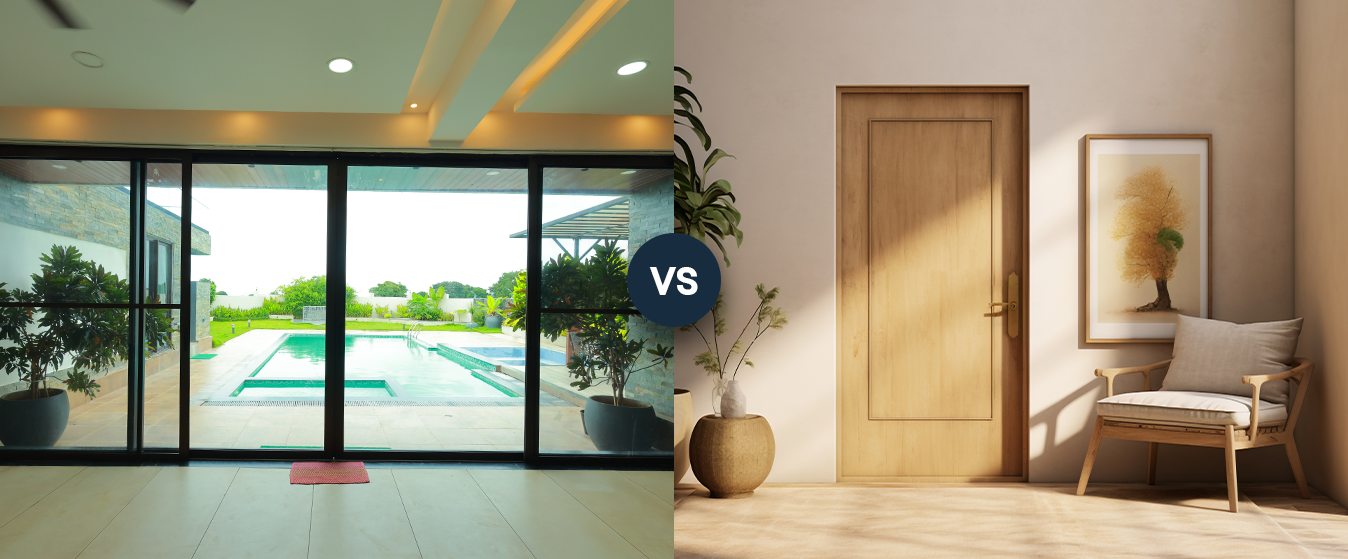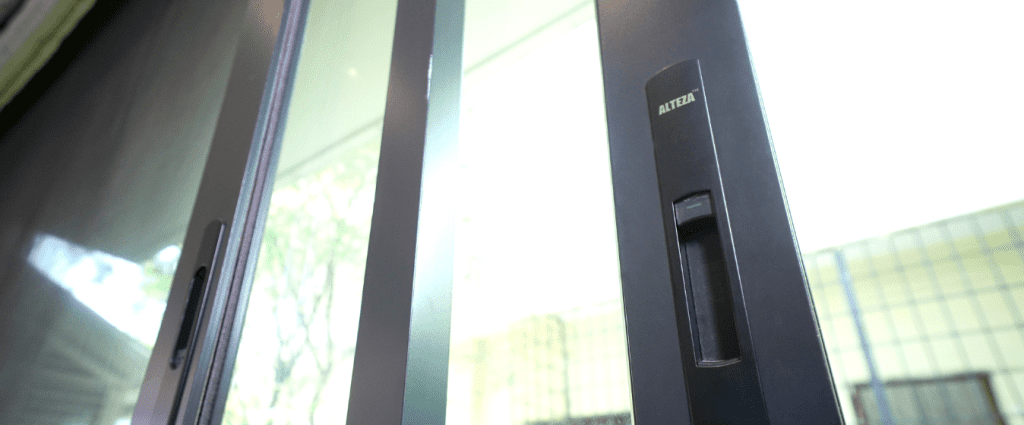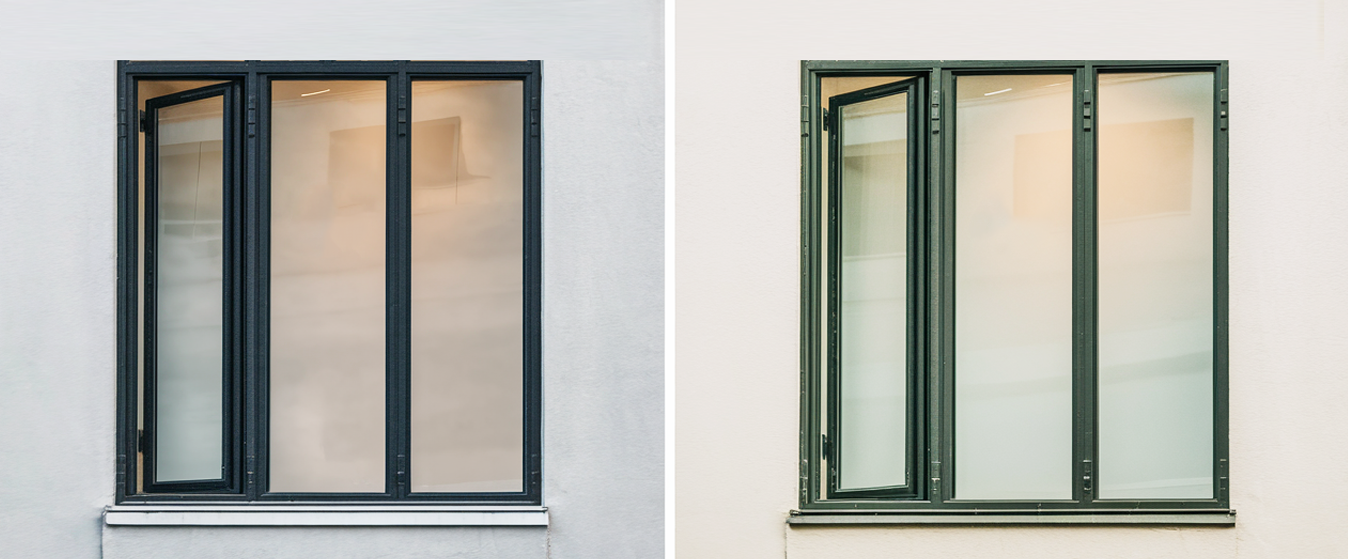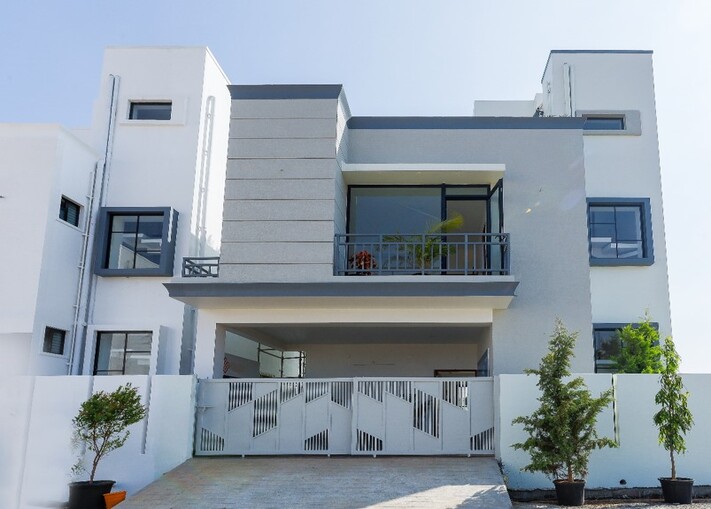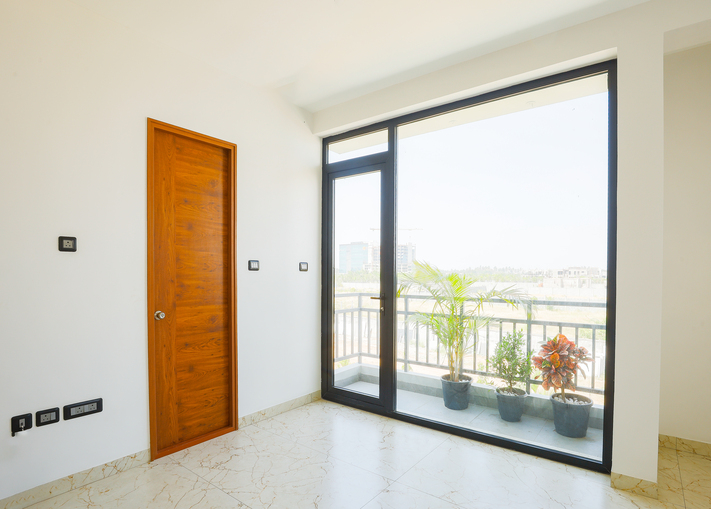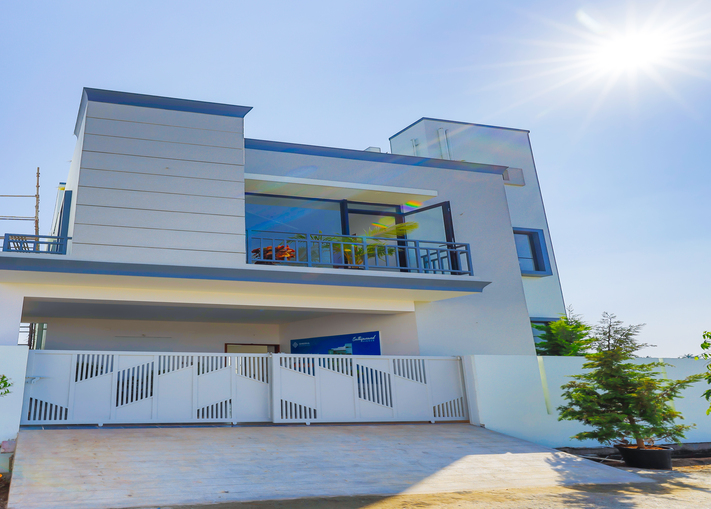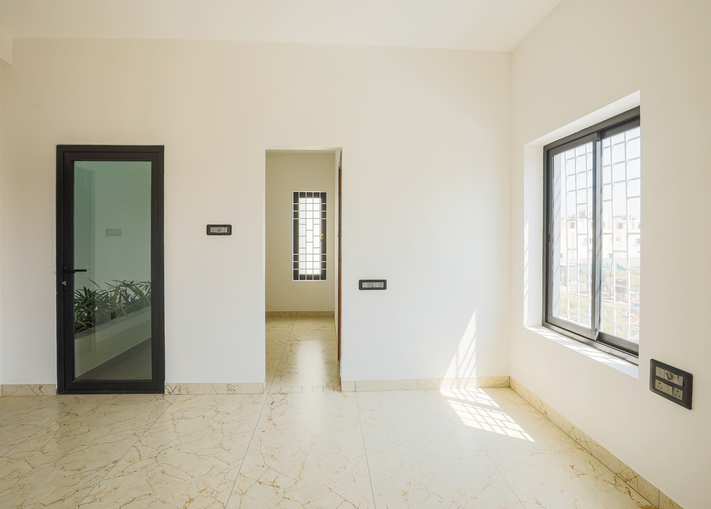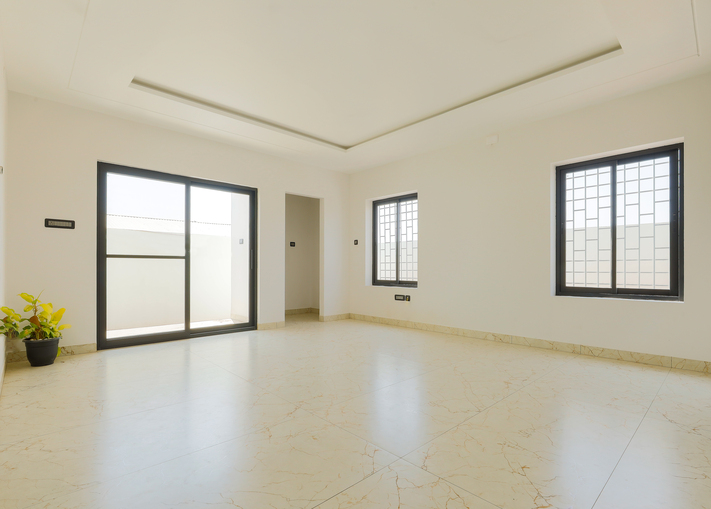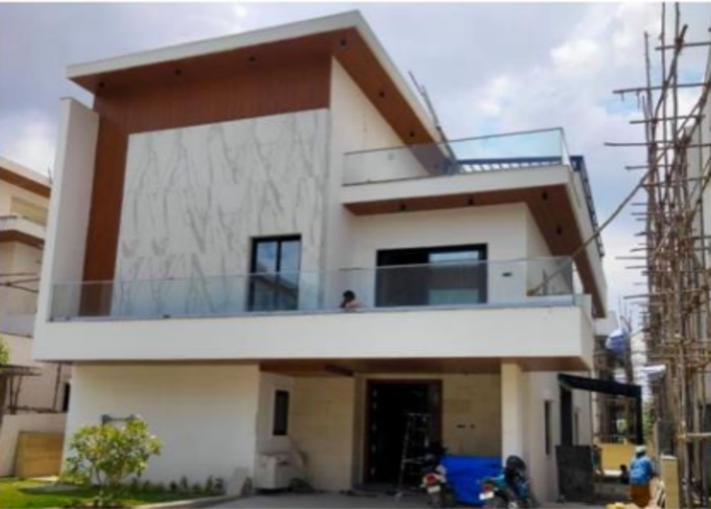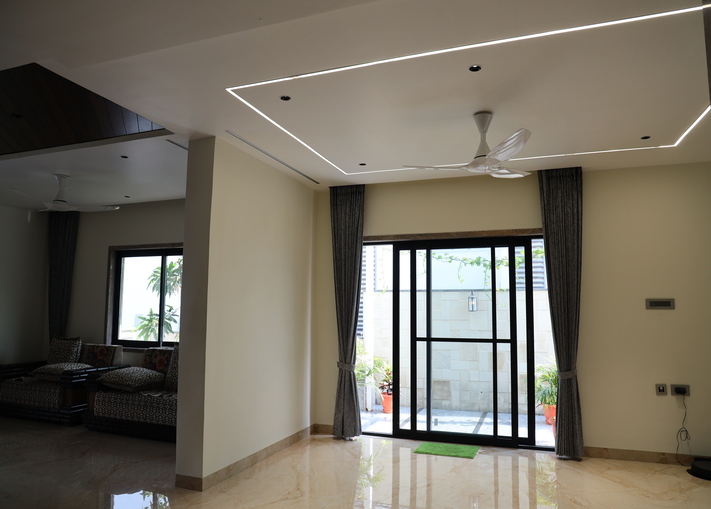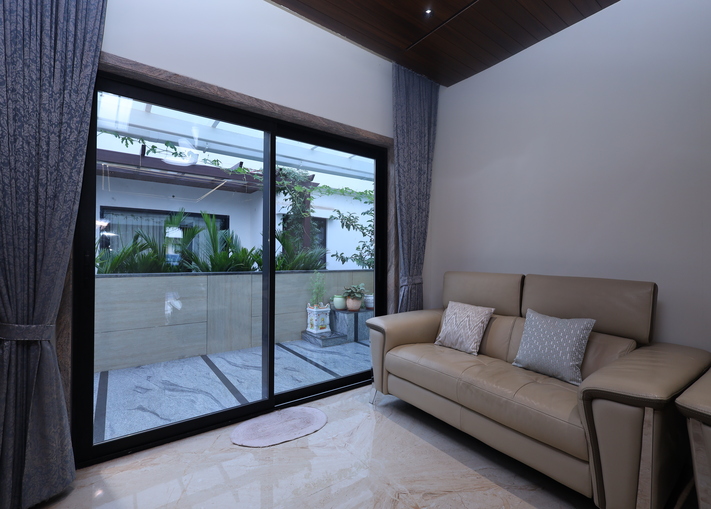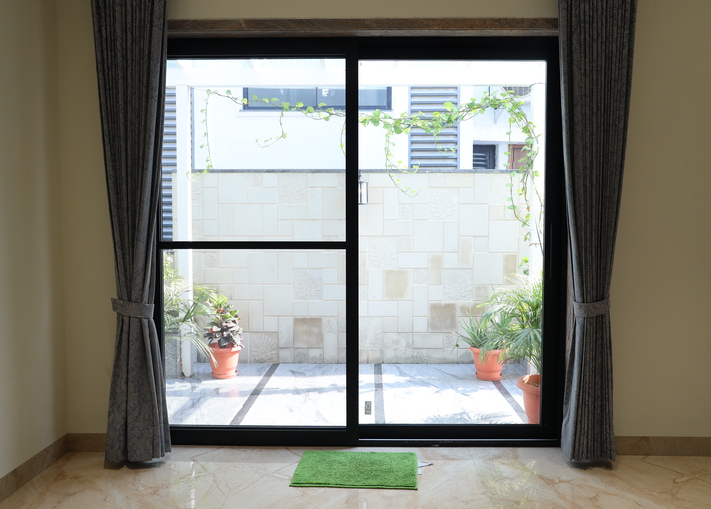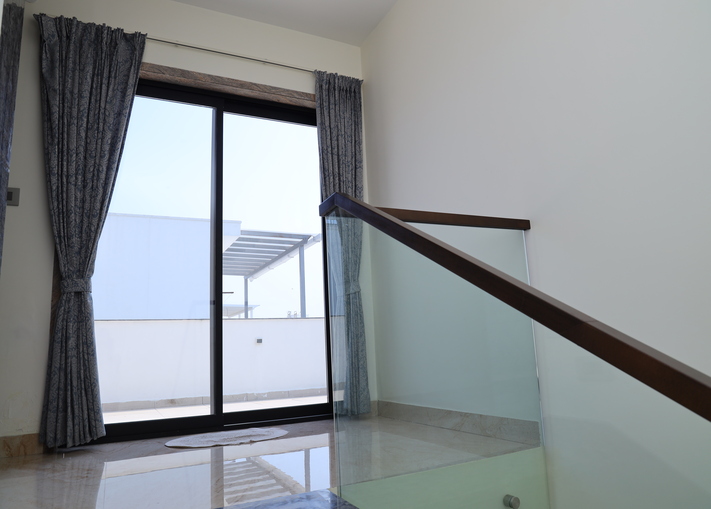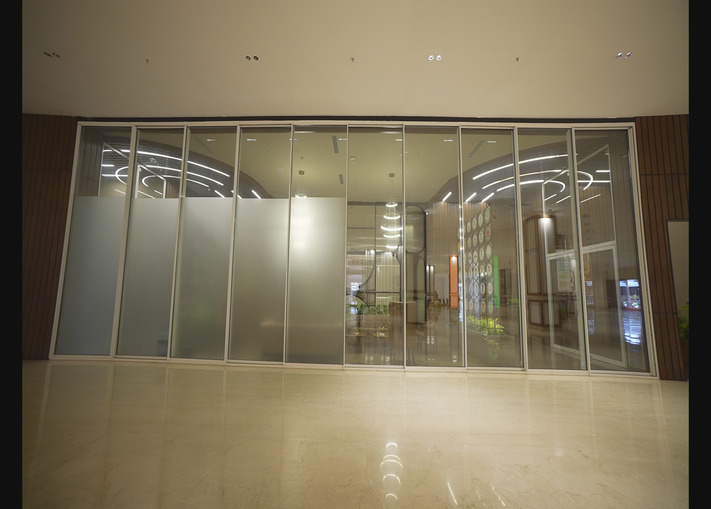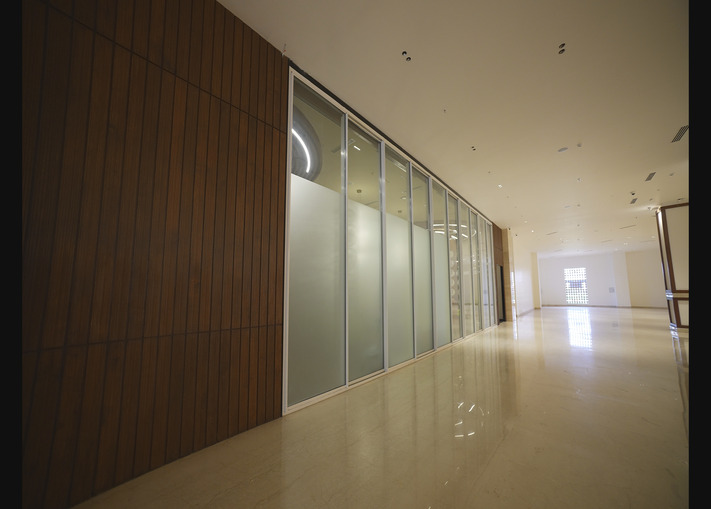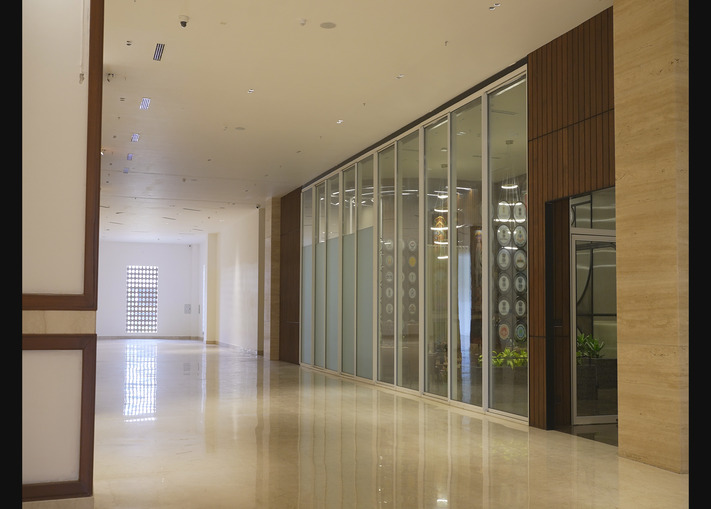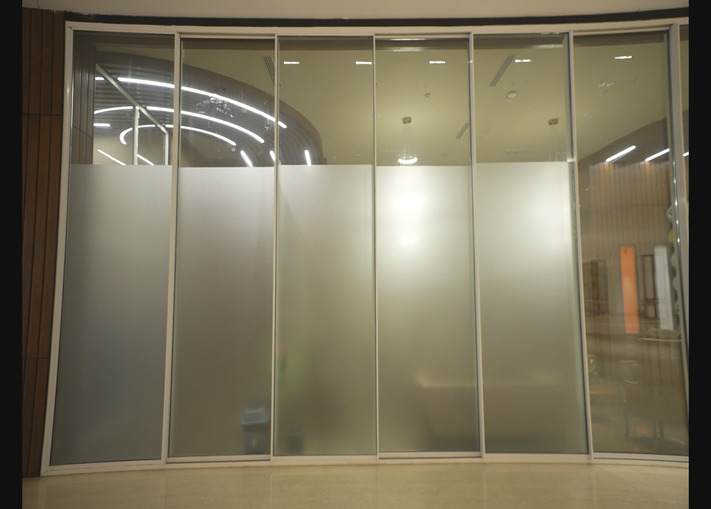How to Choose the Right Glass Thickness for Railings ?
October 30, 2024
When choosing glass for aluminum glass railings, selecting the right thickness is critical for safety, durability, and visual appeal. The thickness of the glass depends on several factors, including the railing’s intended use, location, safety requirements, and type of glass. Below is a guide on how to choose the right glass thickness for your aluminum railings.
Understand the role of glass thickness in safety
The thickness of glass in a railing system directly affects its safety and structural integrity. Thicker glass provides better strength and is less likely to shatter under impact. This makes it ideal for high-traffic areas, such as commercial buildings. If you choose glass that is too thin, the risk of breakage increases, which can result in injury. In high-stress environments, the glass needs to withstand both daily use and sudden impacts.
Safety regulations in many regions require specific glass thicknesses for railings. These regulations ensure that the glass can handle various pressures, such as wind loads in outdoor spaces or force from people leaning against it.
Consider the type of glass
The type of glass used in aluminum railings plays a key role in determining the necessary thickness. Two common types are tempered glass and laminated glass.
Tempered glass undergoes a heating and cooling process that makes it four to five times stronger than regular glass. Its unique property is that it shatters into small, blunt pieces rather than sharp shards. This makes it safer if it ever breaks. Because tempered glass is stronger, it can be slightly thinner without compromising safety.
Laminated glass features two glass layers bonded by a plastic interlayer. If the glass cracks, the plastic keeps the fragments in place, preventing them from scattering. Laminated glass is often chosen for environments where extra safety is needed. High-rise buildings, balconies, and spaces exposed to strong winds often benefit from laminated glass.
Assess the height and size of the glass panels
The size and height of the glass panels play a significant role in determining the required thickness. Larger glass panels, such as those spanning a balcony or deck, often need thicker glass to avoid flexing or breaking. A glass panel that is too thin may bend under pressure, which could lead to cracks or failure.
Check location and environmental conditions
The location where the aluminum railing will be installed plays a big role in glass thickness selection. Outdoor railings are subject to harsh weather conditions such as strong winds, rain, and snow. In windy regions, thicker glass panels provide extra stability and resistance to wind loads. Similarly, in areas with heavy rain or snow, the added thickness helps the railing withstand the extra weight and pressure from these elements.
Coastal environments pose unique challenges. Salt air, high humidity, and constant exposure to sunlight can degrade materials over time. Choosing thicker glass in these regions ensures that the railing will last longer and stay safe over time.
Follow local building codes
Before choosing the glass thickness, consult local building codes and regulations. Most areas have strict requirements for railings, especially in high-risk spaces such as balconies or elevated platforms. Building codes often specify a minimum thickness for safety reasons. Failure to meet these codes can result in fines or the need to replace the railing.
Looking for quality glass stair railing?
Explore our aluminum glass railings. Our aluminum railings are designed with world-class technology, making them durable and eco-friendly. These railings are tested for chemical resistance, ensuring long-lasting performance. We offer both tempered and laminated options for added safety and strength. You can choose between frameless or standalone railing designs, depending on your style preference.
We offer customization in both size and color, making it easy to match your railing to the specific look of your home or office. Whether you prefer a sleek, modern look or something more traditional, the options are versatile.


